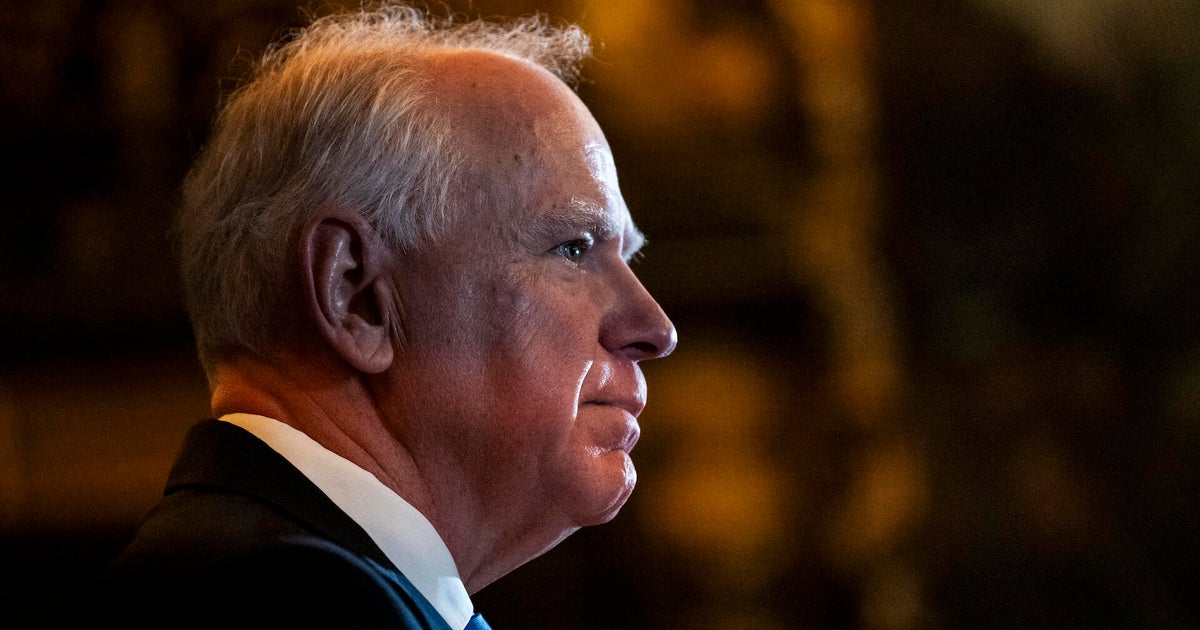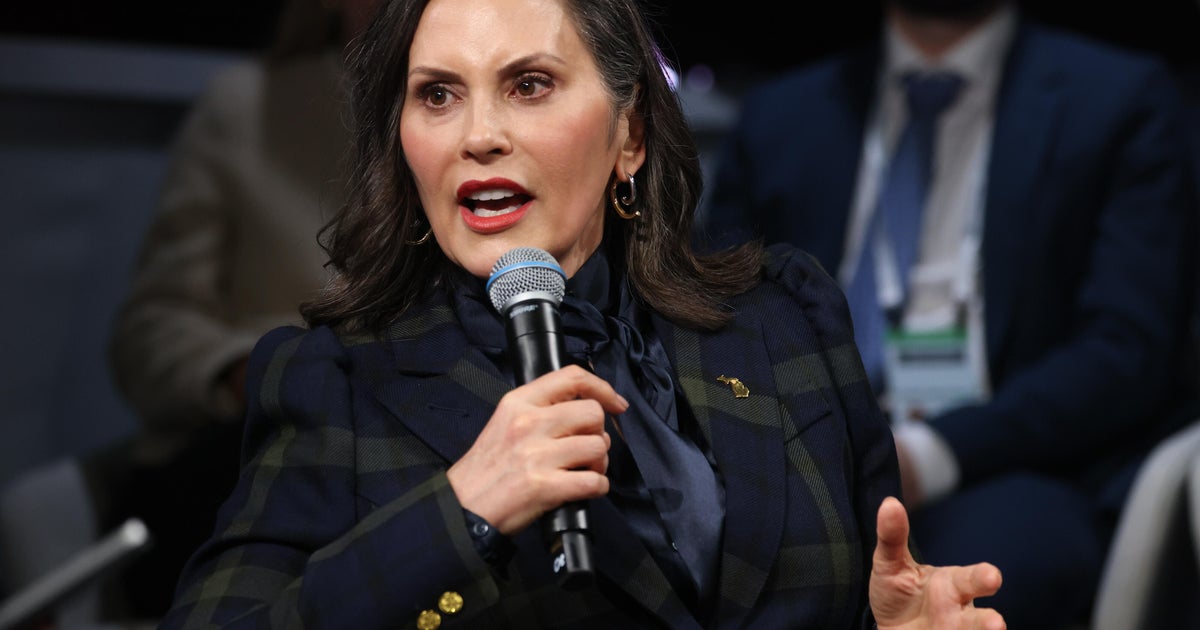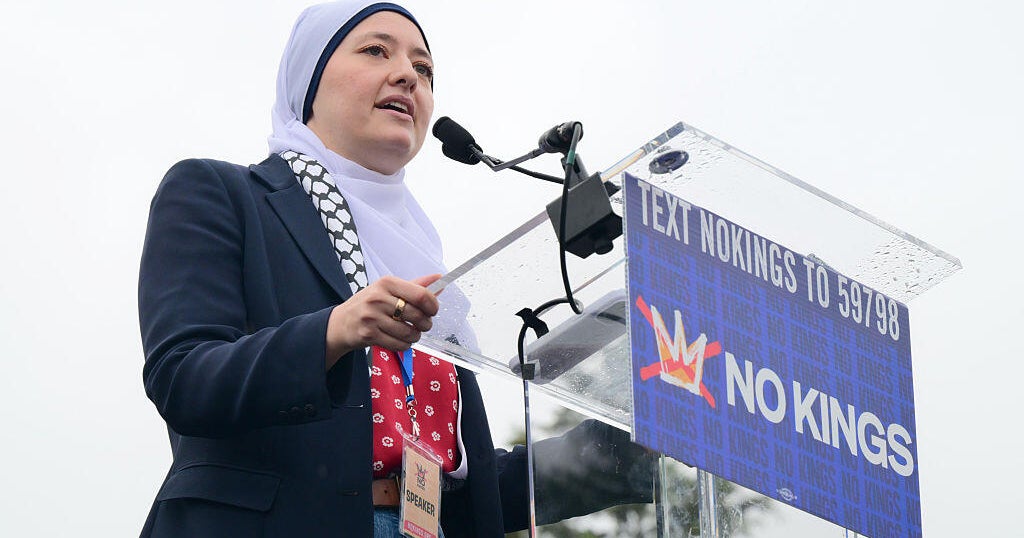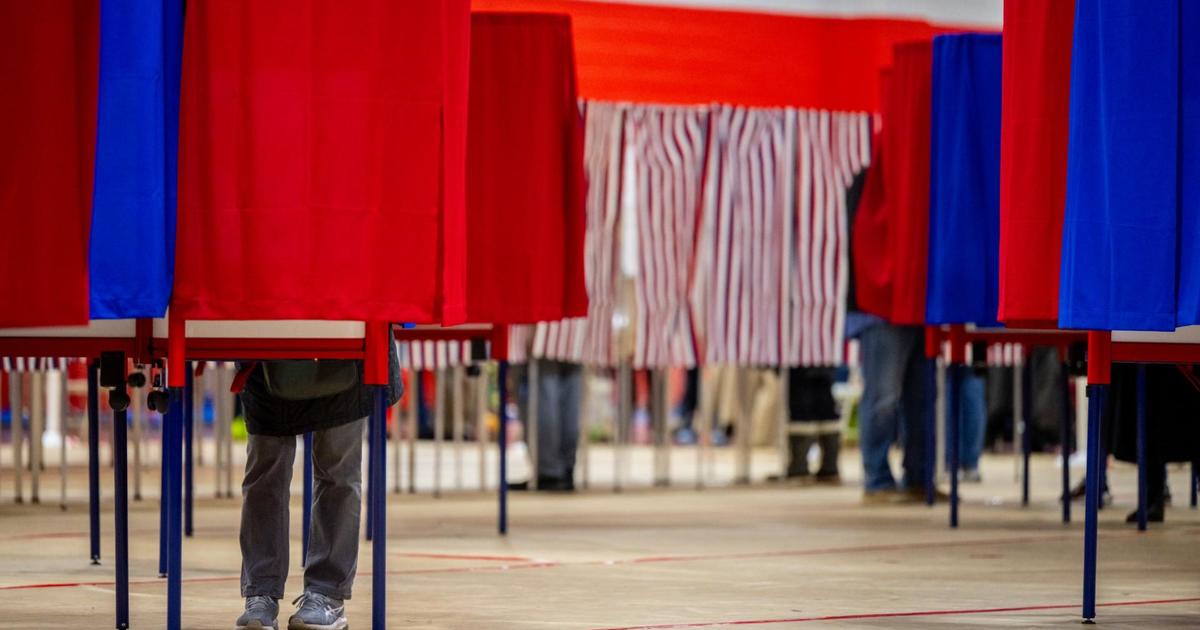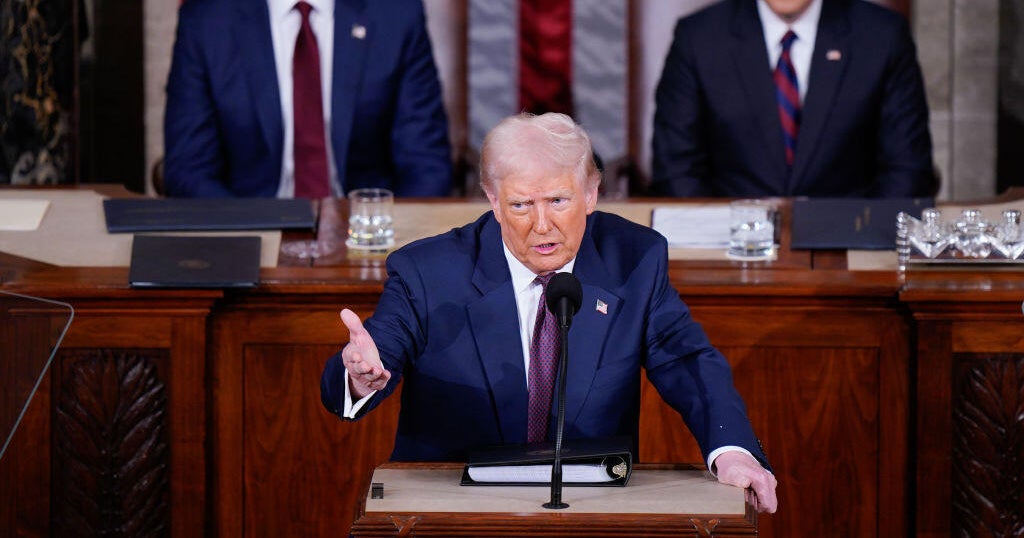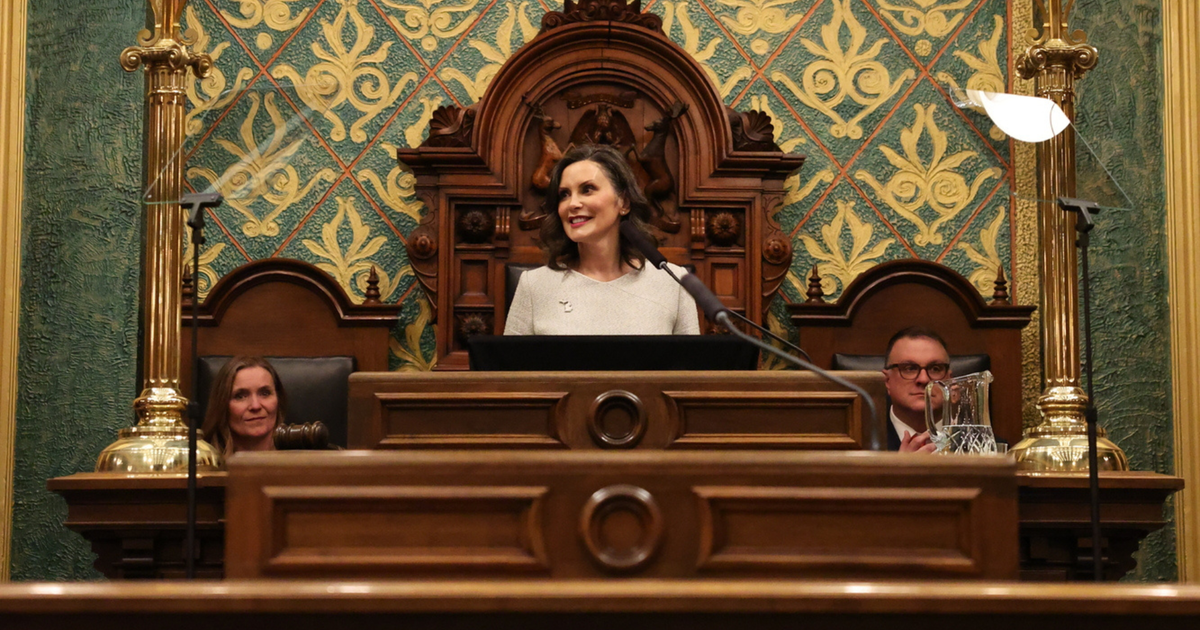Gov. Tim Walz, Dr. Scott Jensen spar on agriculture, COVID in first governor debate
MORGAN Minn. -- DFL Gov. Tim Walz and presumptive GOP nominee Dr. Scott Jensen went head-to-head for the first time during a debate on Wednesday, sparring on the economy, rural issues, and the pandemic.
Walz and Jensen contrasted their ideas at during a forum at Farmfest, an agriculture expo two hours southwest of the Twin Cities, where they fielded questions from industry leaders on childcare access, economic revitalization in Greater Minnesota, rural broadband, climate change and more.
The discussion, which lasted more than an hour, had its fair share of sharp exchanges between the candidates. But the most heated moments centered on the state's COVID response, with Jensen putting Walz on defense of his policies during the early months of the outbreak, including executive orders that shut down businesses and schools.
"When you look at what happened with [nursing homes] being locked in, that's not a whole lot different than the students being locked out. It's really not a whole lot different than businesses being locked down," Jensen said. "This whole concept of locking down Minnesota just because you think you can is absolutely an abomination of government overreach."
Walz said he was proud of his handling of the pandemic, which has consumed much of his first term. He cited Minnesota's death rates per capita compared to other states, keeping hospitals operational when they were stressed for resources, and mobilizing the National Guard and increasing certified nursing assistants to help long-term care facilities that struggled with staff.
The DFL incumbent accused Jensen of "second guessing" decisions he didn't have to make, and criticized his "fringe" views on vaccines and treatments for the virus.
"You can [have] wishful thinking and you can hope that COVID wasn't real and you can take ivermectin or whatever, but that is not where the facts are. As governor you have to deal with that," Walz said. "Instead of spreading false information, be part of the solution."
A MinnPost poll in June showed a close race between Walz, a former school teacher who served in Congress, and Jensen, a physician and former state senator. Of likely general voters surveyed, 42% said they'd pick Walz and 40% favored Jensen.
On the economy, Walz touted the state's record-low unemployment rate of 1.8% and a balanced state budget. He also renewed his call for the legislature to pass bills that would give the billions in the state surplus back to Minnesotans.
But Jensen struck back by saying that unemployment data doesn't capture the reality for Minnesotans whose family budgets are taking a hit from soaring consumer prices.
"The fact of the matter is, if you've got the biggest raise you have in three years at 5% and you're falling behind because inflation is 9.1%, frankly the 1.8% doesn't really matter," Jensen said.
In response to those comments Walz said: "If you're rooting to see failure, that's what you're going to get. That's not the job that we're applying for."
Jensen overall criticized government regulations, characterizing them as burdensome to farmers and Greater Minnesota -- especially when it comes to childcare. On solutions to curb the ag impact from climate change, Jensen said any plans for how handle it need to be left to local communities because "government always micromanages and we do it poorly."
"Let's step in with that a new program will give you some money if you do it this way, but there will be some strings attached," he said. "Why don't we just get out of their way?"
Walz said state programs investing in education, childcare and broadband will help rural Minnesota succeed. Jensen agreed that expanding broadband is essential for communities to thrive.
Walz in his first campaign ran on a unifying message of "One Minnesota" and that slogan again is defining his re-election bid. Jensen attacked that vision as "far less a reality and more almost an antonym of what we've seen," while Walz doubled down on the mantra.
"We're facing challenges," Walz said. "When we face challenges the solution is not to divide more of us -- it's to come together."
There are no more debates scheduled at this point. Walz said his campaign is working out the details, and Jensen suggested having them as frequently as every two weeks, though that is unlikely to happen.



